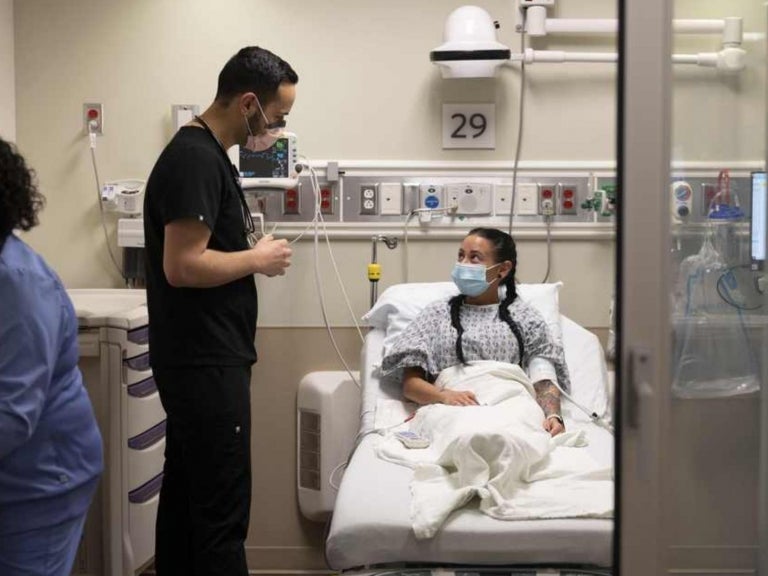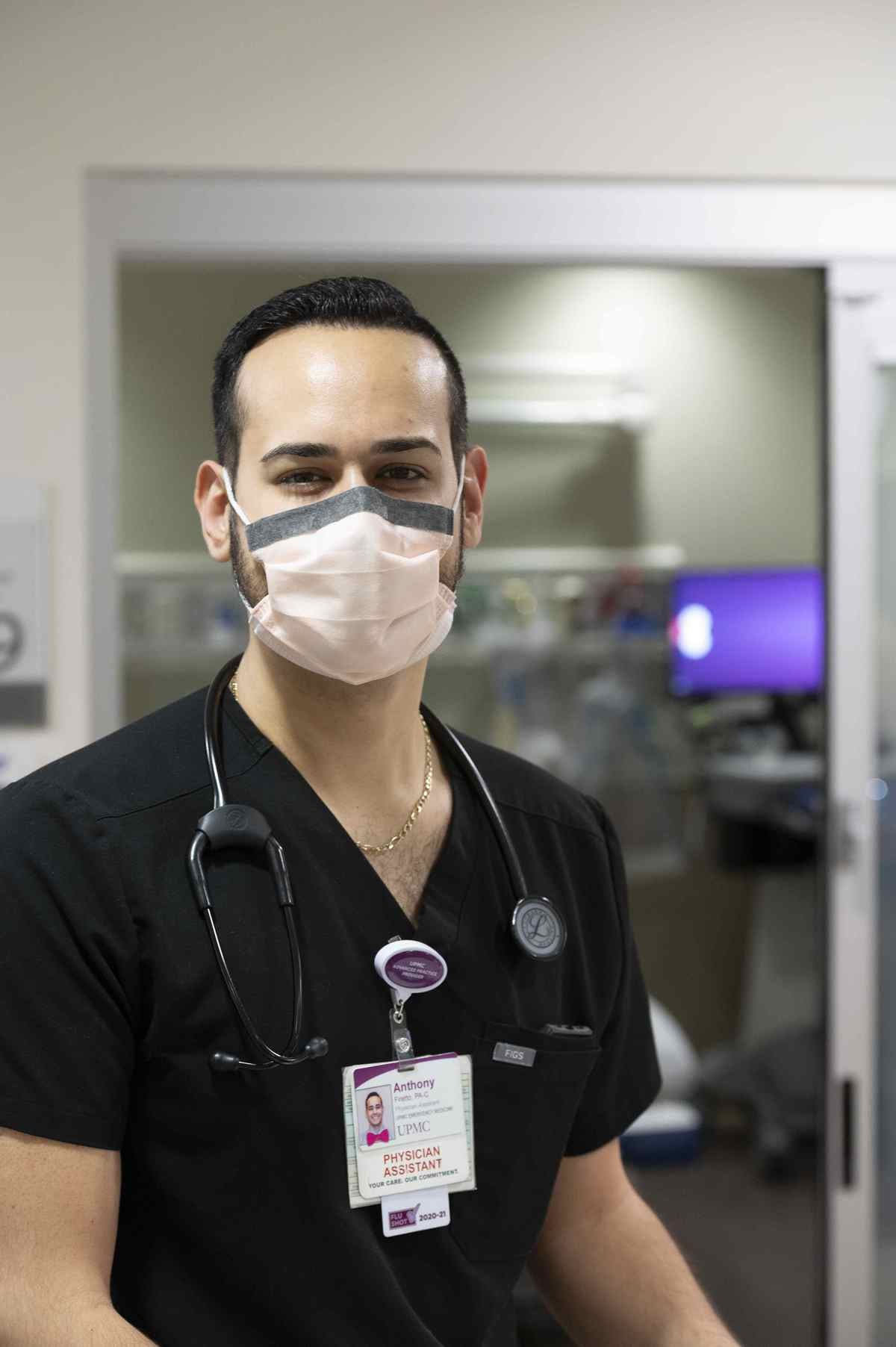
When you’re determined to take a young program and maximize its reach and potential, you have to think outside the box. That’s what led Physician Assistant Studies Department Chair David Beck to design a unique Doctor of PA Studies (DPAS) program that focuses on quality improvement.
“I wanted the DPAS program to provide a path for PAs to better understand their value to the health care system and increase their impact on those they serve,” states Beck.
Beck and colleague Assistant Professor Mary Allias, director of the DPAS program, applied the training they received in their Doctor of Education training at Pitt’s School of Education to design their program. “A key component of our training was a focus on improvement science. This very practical theory is applied when one recognizes a problem, gathers information about it, designs an intervention aimed at solving or at least improving it, and then implements the solution and analyzes its effects.
“The DPAS program was created as an improvement solution to support fellow PAs, and it has become the foundation of the program curriculum so others can develop their improvement skills,” he continues.
The goal of the DPAS program is to empower students to improve systems around patient care, to mitigate disparities in care and to implement more effective and efficient processes.
"The program will complement the excellent work that the PAs are already doing in their workplaces,” adds Allias. “We offer a guided curriculum that can be personalized to a student’s specific path.
“We want students to be informed by, and to inform, their current practice as they learn,” she continues.
According to Beck, it will give practicing PAs the skills they need to become outstanding problem solvers and agents of change.
"While other advanced degrees for PAs exist, our program stands out for its focus on quality improvement principles and the development of a scholarly project that can also be used by the PA to give patients, populations and practices better outcomes,” he explains.
Delivered 100% online, the DPAS program is open to recently licensed PAs as well as experienced professionals.
 Anthony Firetto, a full-time Emergency Medicine PA, is a member of the first cohort of DPAS students. Firetto says he enrolled because he wants to develop an unrivaled level of understanding of the PA profession’s pool of knowledge while maximizing his career opportunities.
Anthony Firetto, a full-time Emergency Medicine PA, is a member of the first cohort of DPAS students. Firetto says he enrolled because he wants to develop an unrivaled level of understanding of the PA profession’s pool of knowledge while maximizing his career opportunities.
“I’m particularly looking forward to gaining organizational and administrative awareness, confidence and skills to work alongside leadership in our expanding health care system,” explains Firetto.
“This program will not only help me do all of that but will also permit me to advocate for my profession, support my colleagues and peers and most importantly serve my patients, their health and their needs.”
